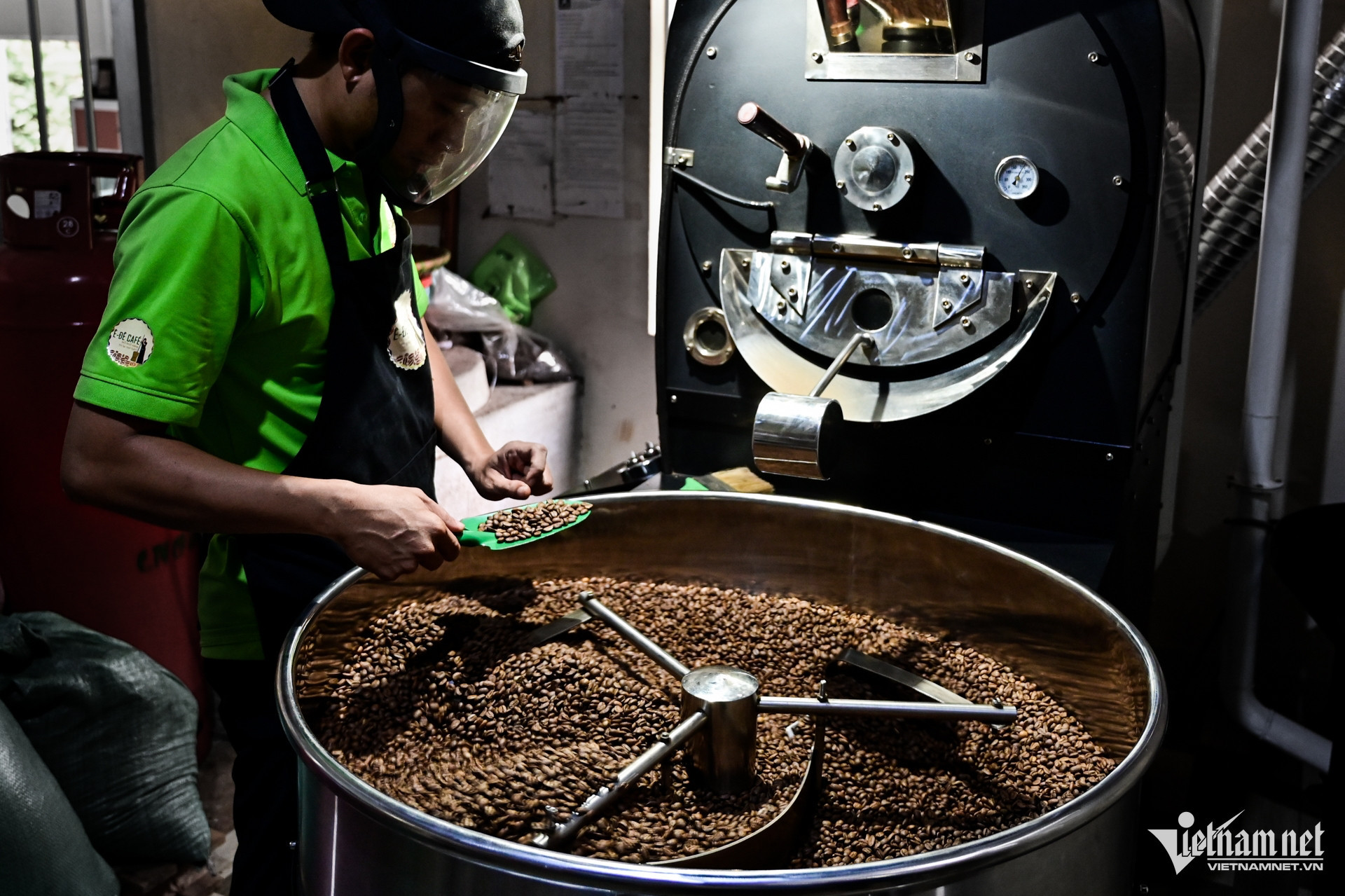"To avoid missing our opportunity, we had no choice but to register abroad where procedures are simpler and faster," a Vietnamese CEO confessed, highlighting a frustrating reality: the burden of administrative procedures in Vietnam is driving businesses to seek protection and progress elsewhere.
Editorial note: In recent years, Vietnam’s private sector has made significant strides, emerging as a key driver of national economic growth. Several Vietnamese entrepreneurs have joined the ranks of global billionaires, with some even appearing in the world’s top 500 richest individuals. These achievements reflect the dynamism of leading private enterprises. However, many still develop passively and face numerous institutional barriers, with complex bureaucracy among the most pressing.
VietNamNet has gathered insights from business leaders and experts to uncover bottlenecks across various sectors that are stifling the growth potential of many Vietnamese companies.
Prolonged processes and procedural overload

Speaking to VietNamNet, Nguyen Thi Thanh Thuc, founder and CEO of AutoAgri Software Technology JSC, pointed out that beyond capital constraints, Vietnamese businesses are hampered by excessive bureaucracy, tax pressures, opaque management, and high logistics costs - factors that prevent many from scaling and often demoralize honest entrepreneurs.
She cited the government’s heavy investment in digital transformation and its push to issue planting area codes to meet export standards. Despite these efforts, widespread counterfeiting of area codes - for produce like durians and mangoes - reflects poor enforcement and a lack of transparency.
"This is a serious issue in agriculture that must be resolved decisively," Thuc emphasized.
She also shared a concrete example of administrative inefficiency: her company developed a product using freeze-drying technology, but intellectual property (IP) protection in Vietnam would take several years.
"The timeline is so long that by the time IP rights are granted, the product’s window of market opportunity may already have passed," she said. “To avoid falling behind, we opted to register abroad where procedures are straightforward and timely.”
Phan Minh Thong, CEO of Phuc Sinh Group, agreed that Vietnam’s overlapping legal framework and cumbersome procedures are major obstacles. Constant regulatory changes and a lack of coordination among ministries and sectors force businesses to spend excessive time just adapting.
In agricultural exports, he explained, quality inspections are notoriously time-consuming. A single product might need to pass through multiple agencies for approval, delaying customs clearance and inflating warehousing costs, ultimately disrupting delivery timelines.
Even in VAT refunds, which should be straightforward for 100% exporters, complicated paperwork and months-long processing hurt cash flow and production continuity.
Investment licensing - especially for projects related to raw material zones or agricultural processing - is another thorny area. Legal documentation requirements are excessive, and businesses desperately need a stable and supportive legal environment to focus on growth rather than navigating red tape.
Nguyen Hoai Nam, General Secretary of the Vietnam Association of Seafood Exporters and Producers (VASEP), noted that businesses often must seek permission from local to central levels - hamlets, communes, districts, departments, provinces, and even ministries - for new or expanded projects.
“Waiting three, five, or even ten years for approval doesn’t just waste opportunities - it wears down the entrepreneurial spirit,” he said.
During this process, companies are required to place deposit guarantees and prove financial capacity. But by the time the project gets licensed - usually three to five years later - loan interest and inflation have already inflated project costs significantly.
Creating the right environment and fostering emotional support

For Vietnam’s private sector to truly thrive and compete globally, Thong suggested developing a smart logistics ecosystem. Improved infrastructure - ports, warehouses, railways, and road networks - would drastically cut transportation costs.
He also called for more flexible, low-interest credit policies to help exporters invest in raw material zones, factories, and advanced technology.
Beyond that, Thong advocated for sweeping reforms in customs, product inspection, and VAT refunds. He urged the government to support businesses with access to international certification programs and modern processing technology, boosting the added value of Vietnamese agricultural products.
“With a more business-friendly environment, private companies can break through and elevate Vietnamese brands on the global stage,” he said.
Nguyen Hoai Nam added that the government must not only create a conducive environment but also nurture the emotional resilience of private entrepreneurs, empowering them to invest boldly and pursue growth opportunities with confidence.
He proposed that policies be differentiated for large enterprises versus small and medium ones, and for sectors like agriculture and seafood versus other industries. This distinction would ensure fairness in policy support and resource allocation, while also encouraging a stronger startup culture and more equitable contributions to economic development.
Legal regulations and administrative procedures, he said, must be simplified, transparent, and consistent. Overlapping and unreasonable rules should be repealed or amended. There should be equal treatment for private, state-owned, and FDI enterprises, with regulations aimed at facilitating - not controlling - business operations.
To reverse the erosion of business morale, he recommended the creation of provincial “entrepreneurship centers” or “innovation and development hubs” responsible for three core functions: legal support, technology transfer, and project appraisal. These centers would serve as local engines of coordination and practical support for private enterprises aligned with national development priorities.
Tam An